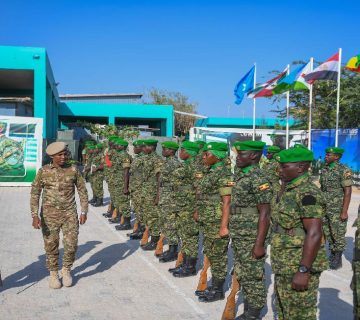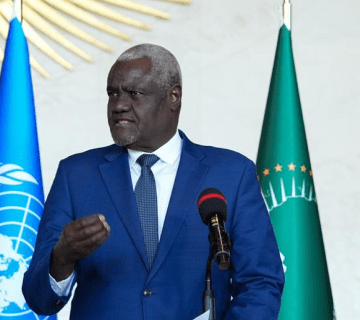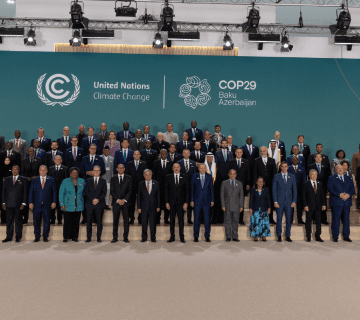Burundi continues to be politically divided and is facing international isolation after months of unrest. The troubles began when President Pierre Nkurunziza (who has been in power since 2005) sought a third five-year term in office, in 2015 – a move that was viewed by commentators and political opponents as a power grab by him and his party, the National Council for the Defense of Democracy – Forces for the Defense of Democracy (CNDD-FDD). Nkurunziza won the subsequent election but the aftermath was marred by violent clashes and a failed coup. In 2018, the situation intensified through a referendum which was held to extend the presidential term of office. This meant Nkurunziza could remain in power into the 2030s. It also stated that there would be shifts in a number of powers away from the government to the president and revision of ethnic quotas.
The situation in Burundi shows how the power-sharing institutions, established by the Arusha Accords, moved the country out of a bloody conflict that lasted from 1993 to 2005, may collapse. The violence could lead to dire economic conditions and demonstrate the failure of the international community to provide needed assistance.



